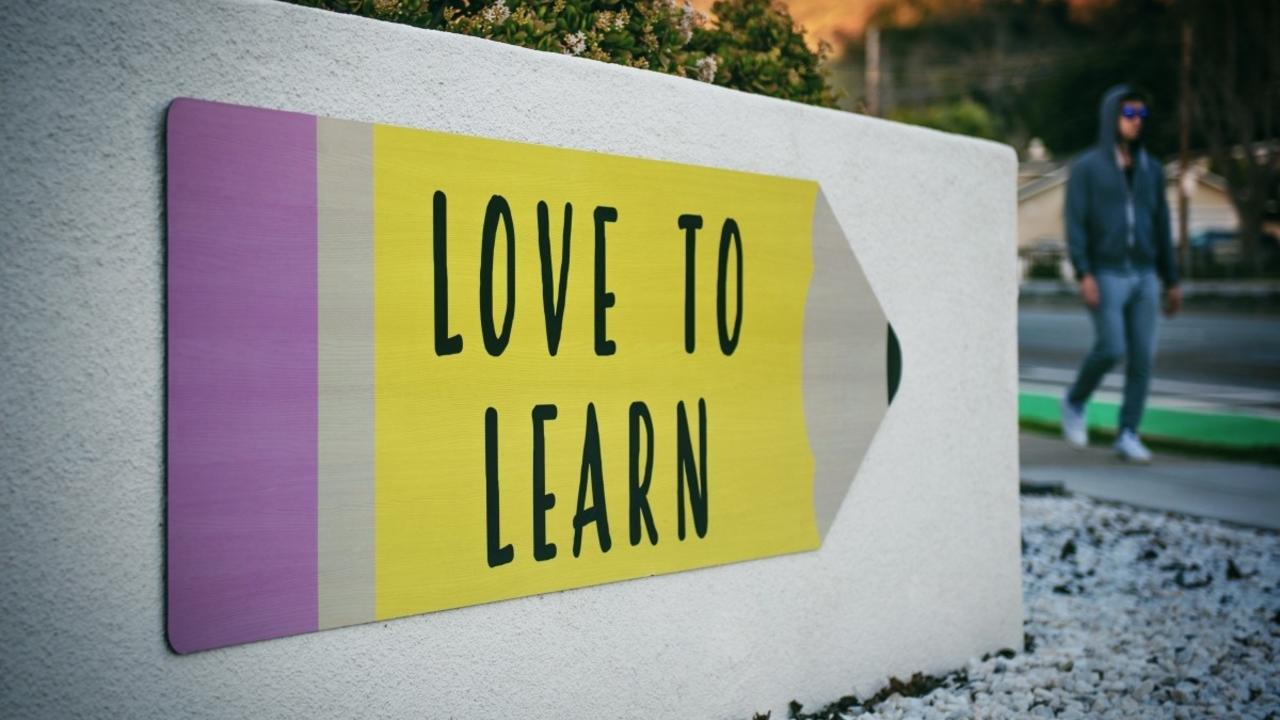Self Leadership and
The New Leadership Playbook
Blog by Andrew Bryant
Global leadership 5 Competencies

Global leadership is the new standard. When companies were just national, you could make it to the senior level or even the top with a mix of competence and confidence (of course a few good connections could also help).
Today, successful companies are international or global and to be a leader requires something extra. Just doing a good job on your home turf is no longer enough, you have to be visible and you have to have such competencies as impact.
For example, a senior manager in India or Indonesia could be successfully managing thousands of people, and meeting targets, but have no visibility in a global organization. On the flip side, an American or European manager may fail to lead in Asia or South America, because they just don’t understand how to get things done in those cultures.
I was recently having a conversation with a US-based, charismatic, ‘C-level’ executive of a global company, about the direct reports of his peer who worked in Asia. He expressed his frustration that...
9 Critical Leadership Truths

I remember being impressed by 9 critical leadership truths that were being promoted at my children’s school. What impacted me was the fact that as a leadership coach and consultant, I am often talking about these very same qualities and skills with my ‘adult’ clients.

This image (taken by my daughter, Tasha) shows the school's ideal student with a combination of qualities and skills – wouldn't it be great if managers and leaders valued the same qualities and worked on their skills?
Both leaders and children develop from the inside out and so it is great that being self-aware is promoted. The school sees self-awareness as developing self-discipline, self-esteem, self-confidence, and reflection – all great qualities for today’s leaders. With self-awareness, we can become a 'self-manager' which includes the skills of; meta-cognition, independence, perseverance, diligence, organization, and responsibility.
If you were to get a report card on your ability to self-manage, how would you ...
Developing Your Leadership Lens

Any photography enthusiast understands that, whilst the subject remains the same, the choice of lens will change how it is viewed. What is true for cameras is also true for people, as we all see the world through our own lens of perception and bias.
A wide-angle lens gives you the 'big picture', whilst other times you will want to 'zoom in' to see detail. To have only one lens would cause you to miss out on so much.
Developing Your Leadership Lens
Let me ask you a question; "Do you like to have the data points and build a picture from what you have, or do you prefer to start with a big picture and then work out the details later?"
Neither of these approaches is right or wrong, 'Big Picture' and 'Detail Orientation' are both useful, but the premise of this post is that to be an effective leader, you need both, plus the ability to focus.
Some leaders focus on the positive and some on the negative and it shows in how they speak. What we say is a ‘reflection of the 'image' we have cre...
Planful about your Leadership Legacy
I have been a Professional Speaker and Executive Coach for over 20 years, but I've never received an introduction like this one from Planful CEO, Grant Halloran.
I am humbled that I have had an impact on Grant's career and also vicariously on all the people that he impacts. The synchronicity that he has recently renamed his company Planful, meaning rich in plans - is not lost on me.
Planning a Legacy
The dictionary tells us that legacy (n) is:
"Something that is a result of events in the past"
But, when I am working with leaders, leadership teams or MBA Students, I tell them that Leadership Legacy (n) is:
"The actions you take NOW that impact the future"
The emphasis is on the now. Legacy happens in the now, we don't have to wait until the future, we create our legacy with the planful intentional behaviors we enact today. Intentional behaviors are at the heart of Self-leadership.
Self-leadership and Legacy
Self-leadership is defined (Bryant & Kazan 2012) as:
"The practice of ...
7-Things I learned about Leadership in conversation with Barack Obama

December 16th, 2019 (with about 4,000 other people in Singapore), I had the pleasure to listen to insights and perspectives from Barack Obama, the 44th President of the United States.
I must confess that I am a fan of his humorous oratory style, and it was a pleasure to listen to him ‘riff’ on wide ranging topics with an intoxicating mix of humility and gravitas. So, here are my takeaways:
1) Anyone in a leadership position needs to build an effective team of people who are smart and have integrity – then get out of their way.
2) A lot of the problems in the world are caused by old men, who stayed too long and confused their personal interests with that of the nation.
3) We need more women in National Leadership – imagine if every country in the world was run by women for just 2-years.
4) We need leaders who understand complexity and don’t just go for the quick easy answer. This requires followers who are also interested and tolerant of that complexity.
5) Whe...
6-Strategies for Performance and Development Conversations

As a people manager, your most important and impactful activities are the conversations you have with your staff about how they are doing and how they can develop themselves. With this level of importance, it is therefore surprising that so many of these conversations can end up leaving both parties unsatisfied.
Prior Planning Prevents Poor Performance, is a maxim I’m sure you've heard; well in the case of scheduled performance and development conversations, this is very true. So how and what to plan?
1. Behaviors Matter
When a human mind has a clear goal and feels motivated to achieve that goal, it rewards behaviors that move it towards that goal with little hits of the ‘feel good’ chemical, dopamine. In addition, when behaviors that move us towards a goal are recognized and acknowledged, we feel more motivated and are likely to increase our efforts.
This realization of human psychology means that before a conversation with a staff member, you must be clear about what goal or goal...
How to influence your boss

Research has shown that the inability to build a successful relationship with the boss is a significant reason for managers failing or not reaching their full potential.
When I approach this topic, I encounter several mindsets that lead to an inability to influence effectively, these include:
- My boss is autocratic
- My boss doesn't listen to me
- I don't want to jeopardize my career
- I have no power in the relationship
- My boss doesn't give me time
Do any of these, sound familiar?
The problem with blaming the boss is that you have created an external locus of control which is the exact opposite of self-leadership. To influence you must ask yourself, “what can I do that will make a difference?” The purpose of this blog is to provide some ideas to get you started:
Influence Your Boss
- Create an Ally
Allies have open and honest conversations; they may not always agree but they will listen to what each other wants and assertively communicate their own needs. "But my boss doesn...
Executive Coaching in Singapore and Asia 2023

Executive Coaching has come of age and is now viewed as an effective way of developing leaders. Smart companies are making executive coaching a core element of leadership development; whether that is when grooming a CEO successor or helping managers transition to leaders.
It is therefore not ‘news’ that a recent survey reports 86 percent of US companies hired Executive Coaches to sharpen the skills of individuals who have been identified as future organizational leaders. The numbers are similar in Europe whilst the uptake of executive coaching in Singapore and Asia has been slower but is catching up.
The demand for good Executive Coaches has been driven by organizations' demands for immediate results. Executive Coaching provides feedback and guidance in real time, and lasting transformations can be observed after 3 to 6 months.
As individuals advance to the executive level, developmental feedback becomes increasingly important. Many executives plateau in critical interpersonal and ...


